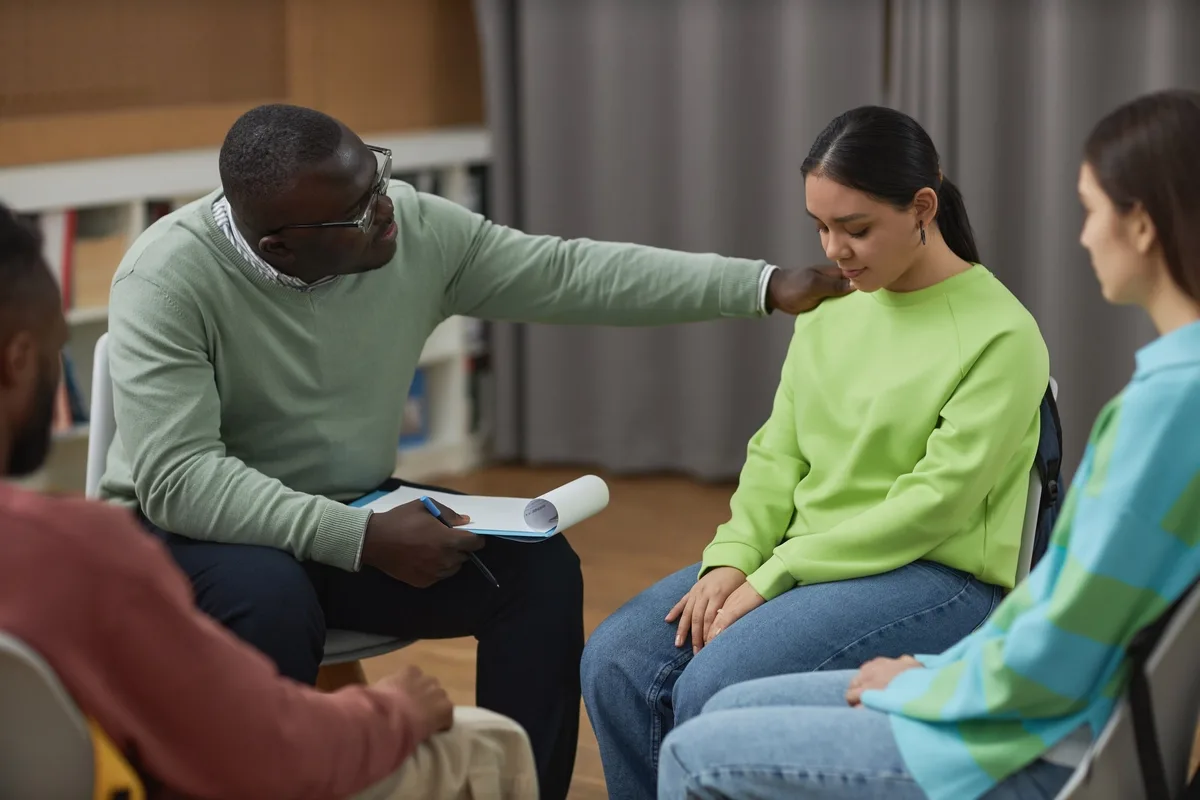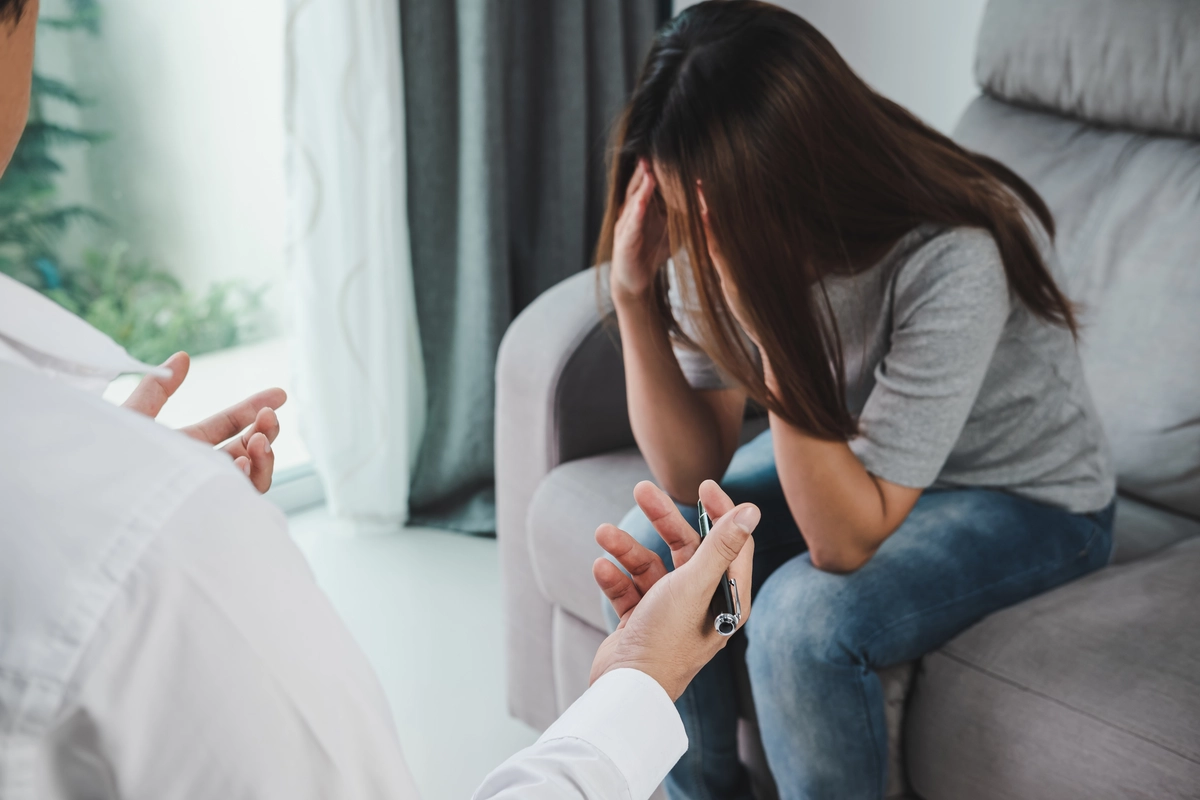24/7 Helpline:
(866) 899-221924/7 Helpline:
(866) 899-2219
Learn more about PTSD Treatment centers in Locust Grove
PTSD Treatment in Other Cities

Other Insurance Options

ComPsych

AllWell

Molina Healthcare

Ceridian

Multiplan

Evernorth

State Farm

BlueCross

Health Net

GEHA

Sutter

Health Choice

BHS | Behavioral Health Systems

Horizon Healthcare Service

Medical Mutual of Ohio

Absolute Total Care

Private insurance

UMR

Coventry Health Care

Choice Care Network





















